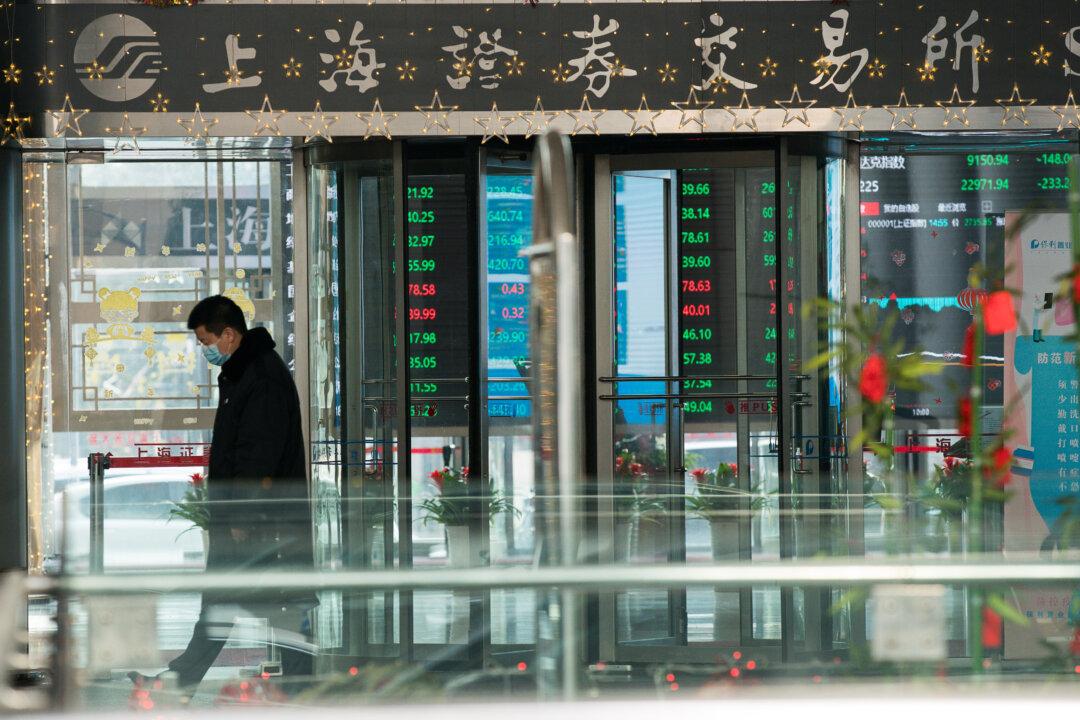China Mobile returned to China’s A-share stock market after facing delisting from the U.S. exchanges. The company disclosed its A-share IPO results on Dec. 28. Investors relinquished as much as 756 million yuan (approx. $121 million) worth of shares, setting a new record for the abandonment of A shares. China Telecom, which was also delisted from the United States, currently has its A-share share price lower than the issue price. Analysts believe that China Telecom’s disappointing stock performance was the main reason for investors relinquishing China Mobile’s shares.
According to a China Mobile (00941.HK)’s public notice, the number of unpaid A shares online trade was over 12.91 million, translating to 743 million yuan (approx. $119 million) worth of shares, while the number of unpaid offline trade was more than 220,000 shares, corresponding to 12.7 million yuan (approx. $2.03 million). The total added up to 756 million yuan (approx. $121 million), which is higher than the 653 million yuan (approx. $100 million) previously reported from China Postal Savings Bank Co., Ltd. (601658.SH) in Dec. 2019, thereby setting a new record.





